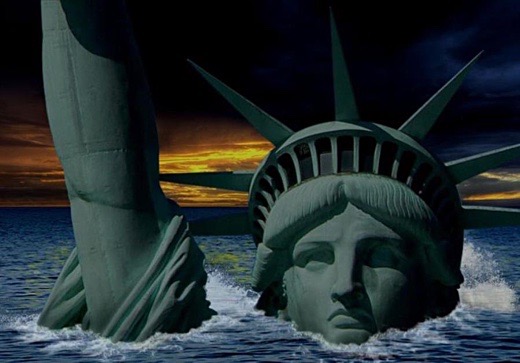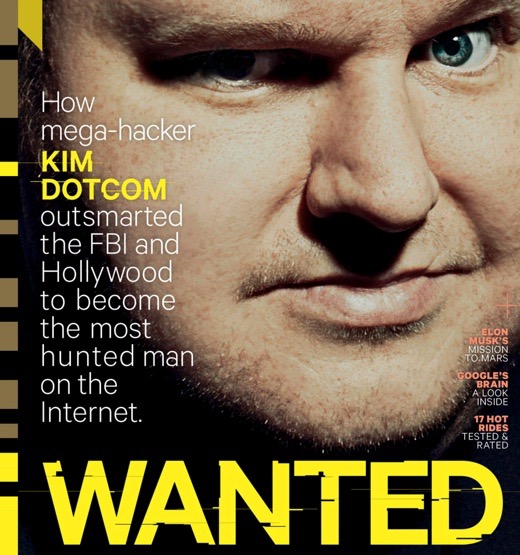SUBHEAD: Military recruiters don't tell the whole truth. Help us complete the picture.
By Kip Goodwin on 3 October 2017 for Hawaii Peace and Justice -
(http://islandbreath.blogspot.com/2017/10/truth-about-military-recruiting.html)

Image above: Volunteers providing information about the truth regarding US military recruitment in support of 808truth2youth and Hawaii Peace and Justice. From https://youtu.be/_8rbHwMXMT8.
The Pentagon spends $1.4 billion annually on public relations and recruiting, teaming with professional sports, Hollywood, and the video gaming and media industries. Their primary audience is 15 to 25 year olds, the demographic from which they recruit about one quarter million annually.
There are missing pieces in the recruitment narrative, and there is no organized effort on the part of the schools or anyone else to fill in gaps. We need your support to meet the need. If we reach our goal, more than 20,000 Hawaii youth will have the opportunity to learn:
Departments of Defense and Veterans Affairs report in 2016 that 10 to 17% of combat veterans suffer PTSD and 10-23% have traumatic brain injury (TBI). 25% have some to extreme difficulty in social functioning, productivity and self care.
Centers for Disease Control and Prevention reports in 2015 male veterans 50% as likely, women vets almost twice as likely to be homeless, than the general population.
In 2014, 1 in 4 women and 1 in 100 men reported military sexual trauma. "For women, an experience of sexual trauma while in the military greatly increases risk of homelessness."
The Veterans Administration reports in 2016 thirty veterans per 100,000 population commit suicide, more than twice the number for the general population. On average, twenty veterans are committing suicide every day.
America's Health Rankings, based on interviews with 400,000 Americans in 2016, reported 62% higher rate of heart disease and 13% higher rate of cancer in veterans than in the general population.
Modern neuroscience teaches us that the parts of our brains that allow reason to overcome emotion don't fully mature until our early to mid twenties. The military plays on this with promises of adventure. Our mission is to fully disclose the reality of the military commitment, during active duty and afterward.
808truth2youth is currently engaged in social media outreach to our children growing into adulthood in low income communities (the most recruiter-vulnerable) on the four main islands. Every six days, our posts have gone out to hundreds of young people on Facebook. We have surpassed 10,000 "reaches". You can see these posts on our Facebook page, 808truth2youth.
We encourage them to consider alternatives, especially education leading to secure, good paying careers that promote peace. Our donation website, 808truth2youth.org, has a how-to guide to the best schools, and scholarships exclusively for students who show an interest in social justice, nuclear disarmament and conflict resolution.
Please help us empower our youth with the truth about the military and by extension about America's addiction to a war economy and the endless cycle of war that will end only when a critical mass of awareness is arrived at.
Image above: Retired Special Forces Master Sergeant Stan Goff explains what military life really entails. From (https://youtu.be/_8rbHwMXMT8).
Thank you! for what support you can give for our Hawaii youth's right to know.
You can donate to our mission through Hawaii Peace and Justice, our fiscal sponsor.
Click here to donate:
(https://www.gofundme.com/808truth2youth)
or
Send a check to:
Hawaii Peace and Justice
2426 O`ahu Avenue
Honolulu, Hawaii 96822-1967
-in memo line, write 8808truth2youth
.
By Kip Goodwin on 3 October 2017 for Hawaii Peace and Justice -
(http://islandbreath.blogspot.com/2017/10/truth-about-military-recruiting.html)

Image above: Volunteers providing information about the truth regarding US military recruitment in support of 808truth2youth and Hawaii Peace and Justice. From https://youtu.be/_8rbHwMXMT8.
The Pentagon spends $1.4 billion annually on public relations and recruiting, teaming with professional sports, Hollywood, and the video gaming and media industries. Their primary audience is 15 to 25 year olds, the demographic from which they recruit about one quarter million annually.
There are missing pieces in the recruitment narrative, and there is no organized effort on the part of the schools or anyone else to fill in gaps. We need your support to meet the need. If we reach our goal, more than 20,000 Hawaii youth will have the opportunity to learn:
Enlistment contract promises made to the enlistee can ALL be broken.Our young Hawaii citizens who are committing to military service have a right to know:
Service term is for eight years, and may be extended.
Job training is for military, not civilian jobs.
College benefits are NOT guaranteed.
Departments of Defense and Veterans Affairs report in 2016 that 10 to 17% of combat veterans suffer PTSD and 10-23% have traumatic brain injury (TBI). 25% have some to extreme difficulty in social functioning, productivity and self care.
Centers for Disease Control and Prevention reports in 2015 male veterans 50% as likely, women vets almost twice as likely to be homeless, than the general population.
In 2014, 1 in 4 women and 1 in 100 men reported military sexual trauma. "For women, an experience of sexual trauma while in the military greatly increases risk of homelessness."
The Veterans Administration reports in 2016 thirty veterans per 100,000 population commit suicide, more than twice the number for the general population. On average, twenty veterans are committing suicide every day.
America's Health Rankings, based on interviews with 400,000 Americans in 2016, reported 62% higher rate of heart disease and 13% higher rate of cancer in veterans than in the general population.
Modern neuroscience teaches us that the parts of our brains that allow reason to overcome emotion don't fully mature until our early to mid twenties. The military plays on this with promises of adventure. Our mission is to fully disclose the reality of the military commitment, during active duty and afterward.
808truth2youth is currently engaged in social media outreach to our children growing into adulthood in low income communities (the most recruiter-vulnerable) on the four main islands. Every six days, our posts have gone out to hundreds of young people on Facebook. We have surpassed 10,000 "reaches". You can see these posts on our Facebook page, 808truth2youth.
We encourage them to consider alternatives, especially education leading to secure, good paying careers that promote peace. Our donation website, 808truth2youth.org, has a how-to guide to the best schools, and scholarships exclusively for students who show an interest in social justice, nuclear disarmament and conflict resolution.
Please help us empower our youth with the truth about the military and by extension about America's addiction to a war economy and the endless cycle of war that will end only when a critical mass of awareness is arrived at.
Image above: Retired Special Forces Master Sergeant Stan Goff explains what military life really entails. From (https://youtu.be/_8rbHwMXMT8).
Thank you! for what support you can give for our Hawaii youth's right to know.
You can donate to our mission through Hawaii Peace and Justice, our fiscal sponsor.
Click here to donate:
(https://www.gofundme.com/808truth2youth)
or
Send a check to:
Hawaii Peace and Justice
2426 O`ahu Avenue
Honolulu, Hawaii 96822-1967
-in memo line, write 8808truth2youth
.







